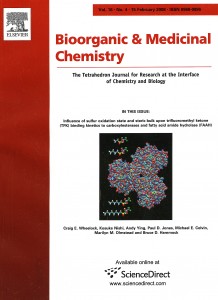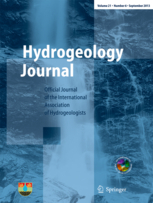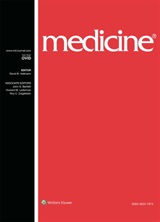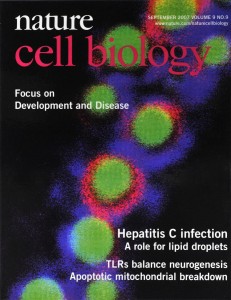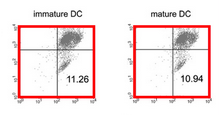 Two solar cell researchers at the University of New South Wales have lost a paper in Renewable and Sustainable Energy Reviews after the discovery of “substantial overlap” with work by a UNSW graduate student.
Two solar cell researchers at the University of New South Wales have lost a paper in Renewable and Sustainable Energy Reviews after the discovery of “substantial overlap” with work by a UNSW graduate student.
The notice cites three sources for the plagiarism. One is an unpublished manuscript by UNSW student Matthew Wright, which he shared with the authors of the retracted paper for “research collaboration only.”
The other two are papers that Wright wrote with UNSW professor Ashraf Uddin, who co-authored the retracted paper with UNSW researcher Xiaohan Yang. Yang’s name also appears on one of the plagiarized papers. All of that suggests that the “substantial overlap” includes duplication as well as plagiarism.
According to Wright’s Google Scholar profile, Uddin has been a co-author on every one of his papers, suggesting that Uddin is Wright’s thesis advisor or P.I., though neither Wright nor Uddin responded to our emailed questions.
Here’s the notice for “Effect of thermal annealing on P3HT:PCBM bulk-heterojunction organic solar cells: A critical review”: Continue reading Solar paper retracted after plagiarism and duplication come to light

